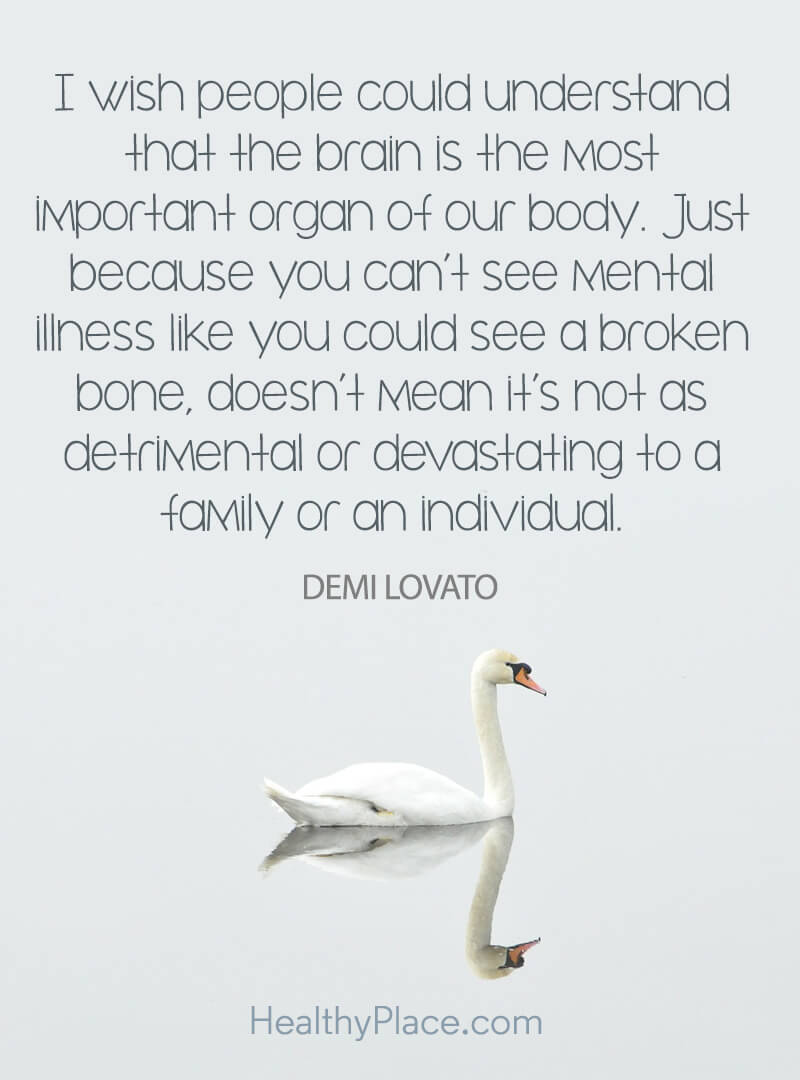All about Stigma🦋

Hello everybody!❤️ This might be a long post but I wanted to make it a meaningful one that happens in day-to-day life that some of you might suffer from. I wanted to talk about general Stigma and I will touch a little on the types as well.
About Stigma:
Stigma is a mark of humiliation and disgrace that sets an individual apart from others. When someone is labelled by their illness they are no longer seen as an "individual" but as part of a stereotyped group. Negative behaviors and opinions toward this group can create prejudice which leads to hostile actions and discrimination. Here are some great posts about Mental Health stigma. Click here and here.
Why does stigma exist?
Stigma primarily exists because some people don't understand things like mental illness, and also because some people have pessimistic behaviours or beliefs towards certain topics or all topics.
Labelling can also have a big part in stigma, and since it is used a lot, it now creates more stigma revolving these issues. For example, someone might be labelled as ‘psychotic’ rather than ‘a person experiencing psychosis’, this now separates the person by categorising them as their illness rather than saying they're a person with said illness.
The seven types of stigma
There are seven types of stigma that is known of, there could be more or less depending on your environment, country, lifestyle etc.
1) Public Stigma
Public stigma, also known as "Social Stigma", is the objection or discrimination against an individual, based on social/public characteristics that differentiate them from others. Social/public stigmas are mostly related to culture, gender identity, race, socioeconomic class, age, sexual orientation, intelligence and health.
2) Self Stigma
Self-stigma occurs when a person with mental illness or any other disorder/illness, internalises public stigma. This also happens in communities like lgbtq+ with internalised homophobia/any phobia towards them.
3) Perceived Stigma
Percieved Stigma is having the fear of being discriminated against or the fear of authorised stigma, which occurs from society's assumptions.
4) Label Avoidance
Label Avoidance is when a person chooses not to seek mental health treatment or support to prevent being allocated a stigmatised label which can segregate you from others. Although all types of stigma are harmful, Label Avoidance has been acknowledged as one of the most harmful types as it prevents people from getting the support they need and deserve.
5) Stigma by Association
Stigma by Association occurs when the effects of stigma are extended to someone linked to a person with mental health difficulties. This type of stigma is also known as "Courtesy Stigma" and "Associative Stigma".
6) Structural Stigma
This is when institutional agreements or other societal agreements that result in decreased opportunities for people with mental health illness.
7) Health Practitioner Stigma
This happens when a health professional allows stereotypes and prejudice about mental illness to affect a patient's care in a negative way.
How can we help stop the spread of stigma?We can help to stop the spread of stigma by:
• Correcting negative language that can cause stigma. You can do this by sharing accurate information about the topic.
• Raising awareness of stigma anywhere, whether it being through social media platforms, in-person speeches, letters, art, quotes and many more.
• Supporting people and making them feel that you are a safe person to reach out to. Sometimes all what is needed from someone is a listening ear.
• Lastly, being inclusive, no matter the gender identity, background they came from, culture, race, age, and many more!
At the end of the day, what matters the most is how we can act upon stigma and how we can help to get rid of it.
I believe people should work more as a team and not give some people a hard time because they are different. Different isn't bad, it means you are unique and unlike the rest. I hope one day people learn the beauty of one another and we all unite. 

Sorry for how long this was but I truly think it should be discussed more and in-depth! I hope this helped❤️
Tagging a few: @Saturn0515 @Sher217 @DonaldDraper @mamtasha22 @jessrabbit7 @Angelx28 @considerateParadise6717 @VicK5123 @Mel @jovialButterfly6752 (sorry for anyone I may have missed. Feel free to tag anyone who you think would want to know)

Aw hey @Chloe563 , please don't apologize about making it long , you've invested your time and efforts in creating this amazing post and for that we are so thankful to you .
Appreciate You ! Thankyou for informing us all about stigma , truly a topic worth creating awareness for . ❤😊

@Chloe563
Chloe! 💗 You shared this post with me a couple of days ago and I just really wanted to thank you for it 💖 Stigma for me had been very one-dimensional and I really struggled to word myself when talking about it, but after this post, I feel so much more educated and understanding of such a crucial issue 💚 You absolutely rock; thank you for taking some time of your day to bring education and knowledge to our community 💜
@Chloe563
Indeed stigma can be decapacitating.
We have a saying "Sabse bada rog, kya kahenge log" meaning "The biggest disease is thinking about what other people might think"
Stigma can be like a cycle. People judge and are more ready to criticize than to appreciate.
Such an experience can make the observer or the receiver to be more stigmatic in future and may even lead others to believe so.
Thank you for bringing the topic up. It does need to be talked about more often.
